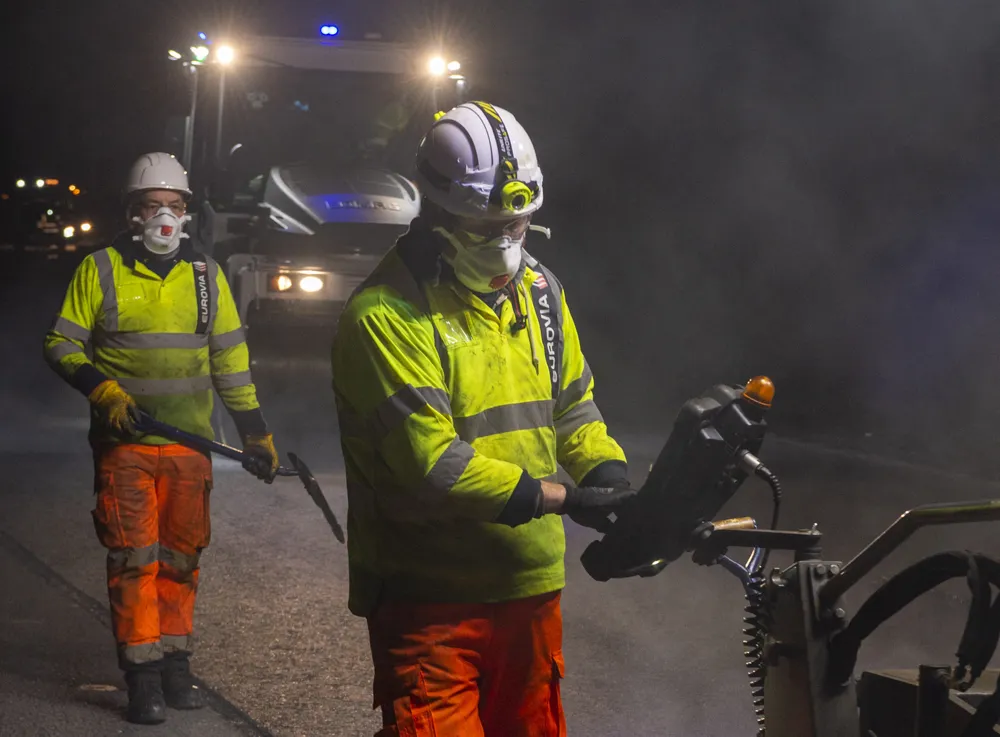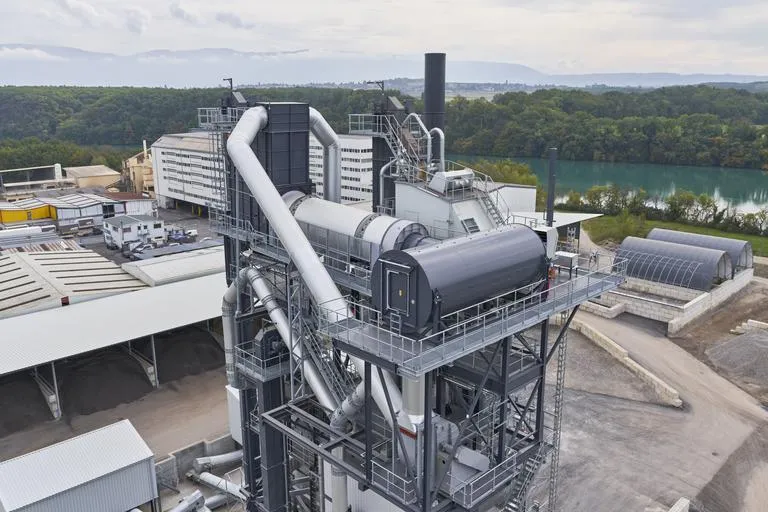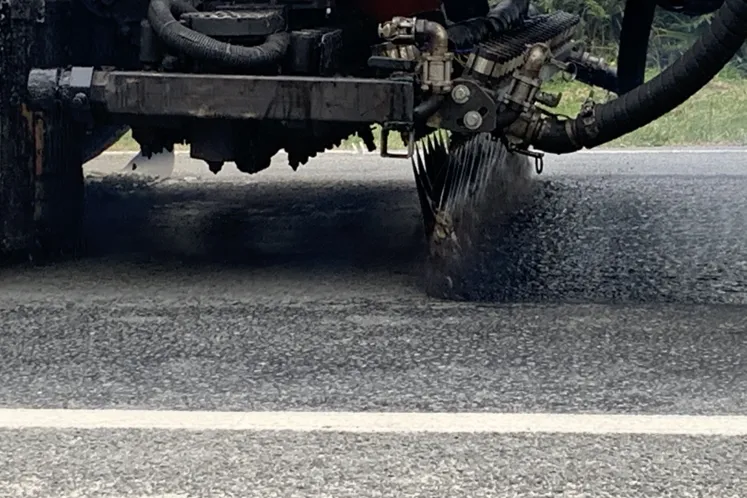
Eurovia is in the process of delivering Tempera, the UK company’s low temperature asphalt binder course, onto highways in the southern English county of Essex.
To date, Eurovia Surfacing has laid more than 3,500 tonnes of warm asphalt across highways in Essex during the COVID-19 lockdown. Because of reduced traffic on the roads, Eurovia teams have been able to mobilise and accelerate the county’s resurfacing programme.
Although warm mix asphalt has been around for some time, the climate impact commitment from local authorities is now driving the need for it to be the material of choice on highways. Following a UK government guidance document that supports the use of warm mix products, Essex Highways challenged its supply chain to pursue innovative products and services to improve sustainability in the county.
Tempera is manufactured by Eurovia Roadstone and is being laid by Eurovia Surfacing. Eurovia says that an additive enables the product to work at a lower temperature than traditional materials. Tempera is typically supplied at temperatures 40C degrees lower than a hot equivalent. Tempera requires less energy and generates fewer carbon emissions during manufacture than conventional hot mix asphalts. Carbon savings can be as high as 25%, according to the company.
Because materials arrive on site at a lower temperature, the Eurovia Surfacing teams can complete the work in less time, as well as reopen roads more quickly. The lower temperature also reduces fumes on site and is safer to handle. It produces less steam during installation so there are less visibility issues - particularly when it rains.
The reduced temperatures throughout the process significantly decrease age-hardening, which maintains the material’s durability and improves its long-term performance.
The roll out of Tempera onto Essex highways has been facilitated through the Materials Innovation Group involving Essex County Council, Essex Highways, Eurovia and other supply chain partners.
The Tempera product forms part of Eurovia’s wider carbon reduction strategy that has a goal to reduce overall emissions by 40% by 2030 and achieve carbon neutrality by 2050.
“In the coming months, we will be developing our range of warm mix asphalt designs, so that we can provide the whole suite of structural layers with a Tempera solution,” said Simon Moroney, divisional director for Eurovia Roadstone. “We are working towards a future where warm mix becomes the go-to product for all road surfacing.”
Eurovia UK is a wholly owned subsidiary of Eurovia, a European provider of transport and infrastructure services and ultimately part of the VINCI group. Eurovia UK is also the parent company for the UK’s Ringway group of local highways contractors.









